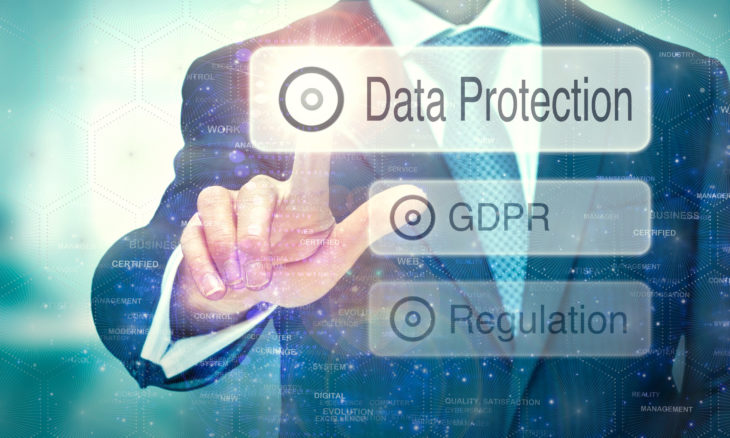In a recent article, the IAB – Internet Advertising Bureau wrote that there is a more serious threat to online marketers than the potential loss of cookies. They neatly captured that threat in the article’s title: “The Looming Peril Isn’t Cookies. It’s Legislation.”
Sadly, this peril has been looming for some time, with the genesis perhaps being the advent of GDPR and CCPA, which were enacted in 2018 and 2020, respectively.
2023 holds the possibility of a raft of new data privacy laws at the state level for marketers to wrestle with. Their introduction will make it even more challenging for marketers to remain compliant across domestic borders than it has been to date to stay on the right side of international regulations.
IAB’s recently released State of Data 2022 (Part II): Preparing For The New Addressability Landscape is a helpful resource for getting the lay of the land. It looks at “how brands, agencies, and publishers are evolving their approach to consumer privacy, as well as working with their internal and external partners to meet consumer privacy expectations.”
On the one hand, marketers have breathed a sigh of relief over Google’s decision to postpone the retirement of cookies until 2024, even though that relief is (or should be) short-lived.
Apple has taken steps that lean toward protecting consumer privacy over supporting marketing effectiveness. Browsers like Firefox and Brave are pushing in the same direction. And though DuckDuckGo has a long, long way to go to threaten Google’s dominance in search, their privacy-first approach has attracted plenty of attention already, and no small number of users. (They have captured about 2.5% of the search market in the US and it is the second most popular browser on mobile devices.)
It will be interesting to see how these companies and their services that are already moving in the direction of greater privacy protections will deal with the increasingly complicated patchwork of regulations. As a marketer, it would be great to think their actions might help create a set of standards that the regulatory bodies can agree is in everybody’s best interests.
I am not holding my breath on that. At this point, such agreement and alignment seem like a bit of a pipe dream. The pendulum is likely to swing toward more chaos before it normalizes.
It does feel reasonable to think that the increased pace of change will get us to “normal” — at least temporarily — more quickly than the actions of regulatory bodies typically would.
You can read the IAB article here and the State of Data report is available for download here. (Free account registration required.)






